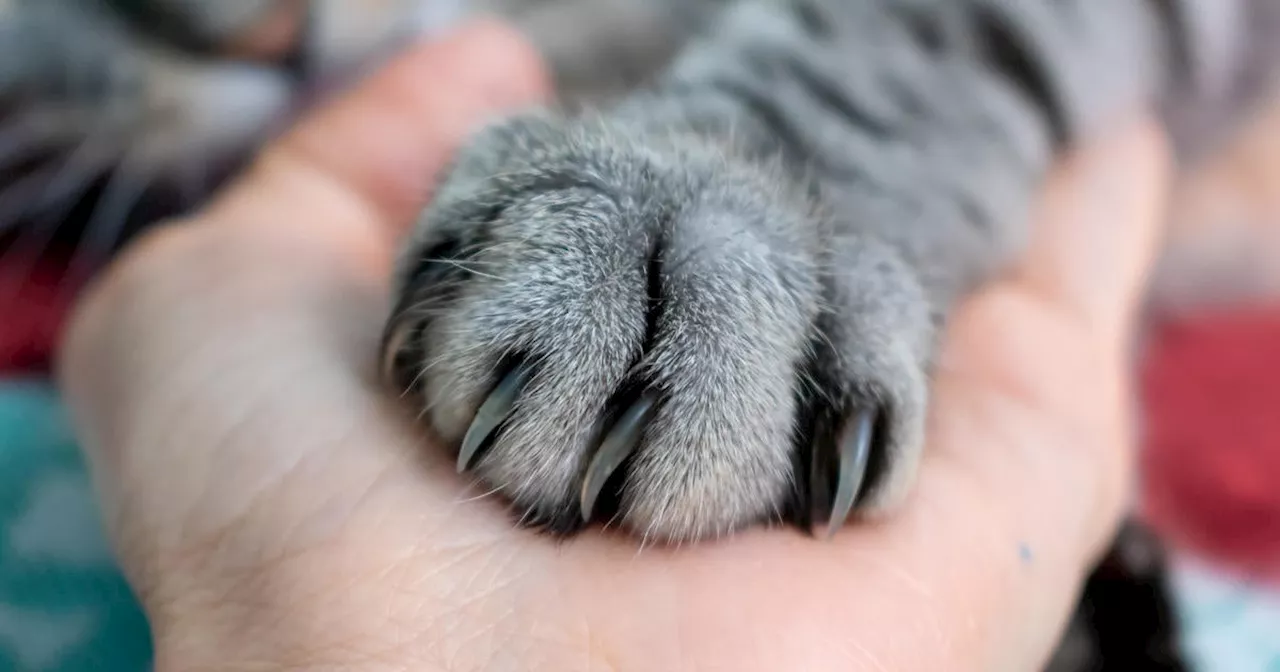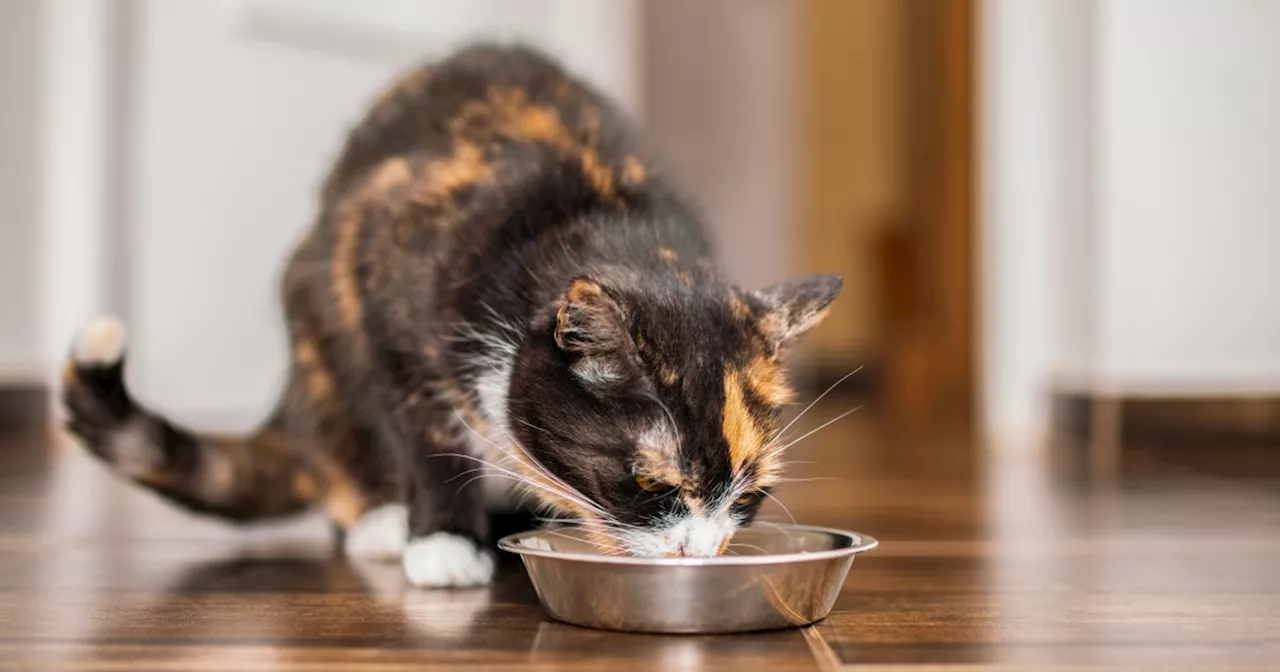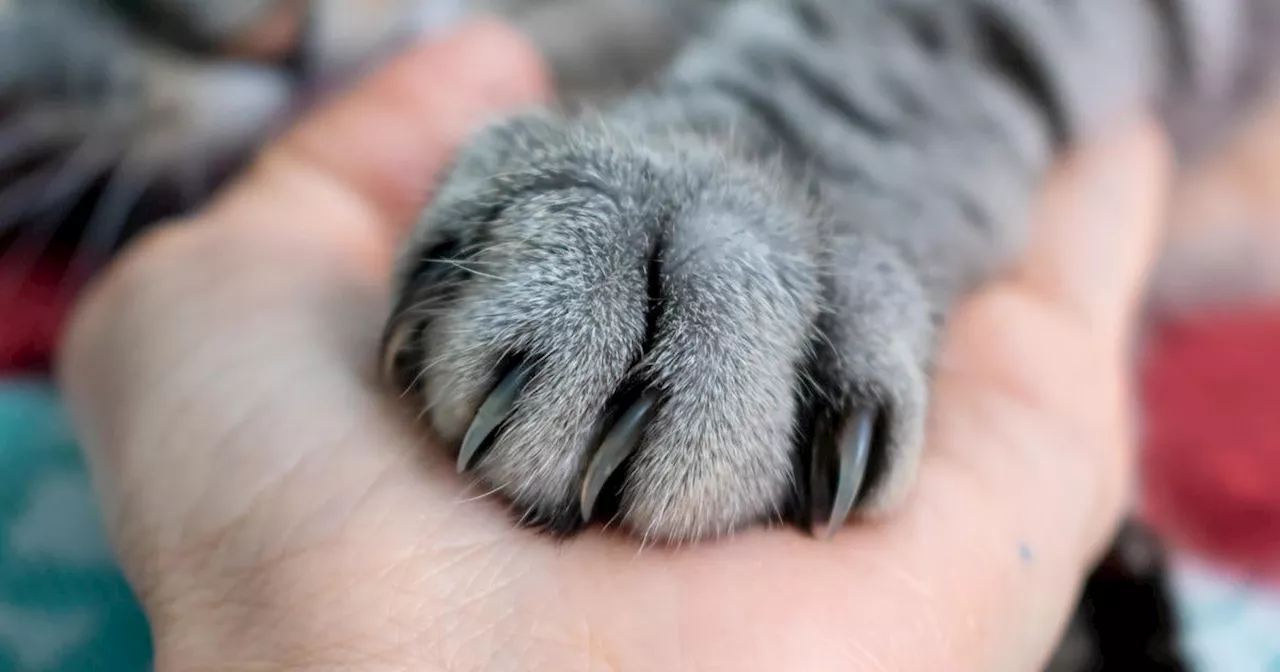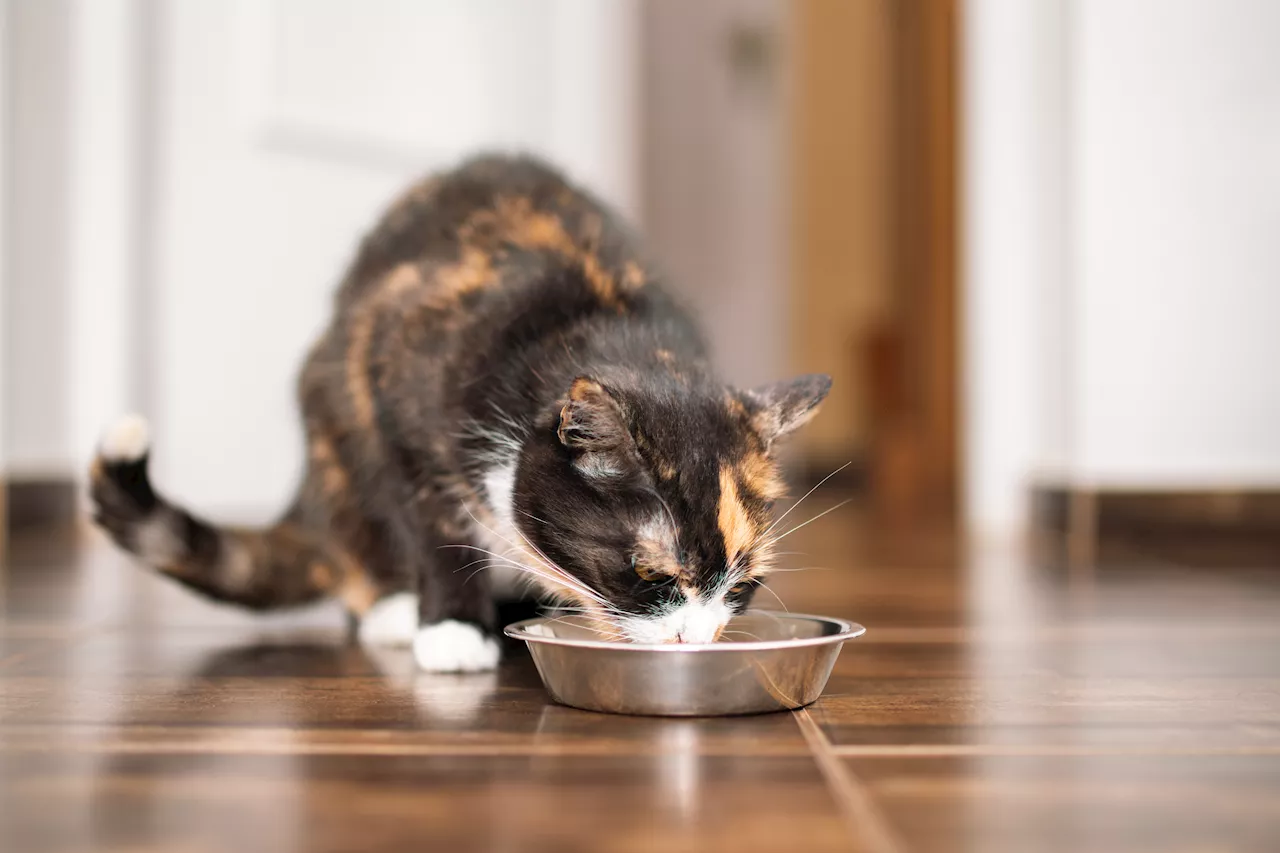The FDA has issued guidance to pet food companies urging them to implement measures to prevent the contamination of pet food with the H5N1 bird flu virus. The move follows recent cases of cat illnesses and deaths linked to raw pet food or raw milk contaminated with the virus. The FDA recommends sourcing ingredients from healthy flocks and herds, and using heat treatments to inactivate viruses in pet food.
A growing number of cat illnesses and deaths linked to raw pet food or raw milk contaminated with the H5N1 bird flu virus have prompted health officials to urge pet food companies to take extra precautions. The Food and Drug Administration ( FDA ) has suggested that manufacturers incorporate measures like sourcing ingredients from healthy flocks and herds and implementing heat treatments capable of inactivating viruses into their food safety plans.
Cats appear to be particularly susceptible to the H5N1 virus. Since the current outbreak began in 2022, dozens of domestic and feral cats have been infected. Some have fallen ill after consuming contaminated raw pet food. Dr. Jane Sykes, a professor of small animal internal medicine at the University of California, Davis, School of Veterinary Medicine, noted that the FDA guidance lacks specifics. She stated, 'It doesn't have any strict instructions on how to ensure there is no H5N1 in the foods. They're not specifically saying how to test or whether heat treatment is necessary.' The FDA, in its warning, highlighted several recent investigations indicating H5N1 transmission to cats through food, most often unpasteurized milk or uncooked meats. The agency emphasized that H5N1 can be fatal to cats, as well as dogs, urging consumers to carefully consider the risks before feeding their pets uncooked meat or uncooked pet food products. The FDA also recommended heat treatments for meat, milk, and egg products, stating their effectiveness in inactivating H5N1. They advised consumers to handle and thoroughly cook raw meat before feeding it to animals and to keep animals away from hunting and consuming wild birds. While compliance with the FDA's guidance is voluntary, according to Dr. J. Scott Weese, a professor at the Ontario Veterinary College and director of the Centre for Public Health and Zoonoses at the University of Guelph, companies ultimately decide on their actions. Weese believes this guidance marks a first step, and the FDA might take stronger measures if there are more cases. Sykes suggested that the agency could potentially mandate that commercially available pet foods undergo treatment to inactivate pathogens or require regular testing demonstrations. Additionally, she proposed a requirement for companies marketing raw food diets to include warning labels on their products regarding the risk of foodborne illness in both pets and humans handling the products. NBC News reached out to five raw pet food companies via phone and email for comments on the FDA's guidance. Brock Zentz, the senior director of food safety and quality at Instinct, responded via email stating their commitment to monitoring potential hazards like Avian Influenza and reevaluating their food safety plans accordingly. They recognize the risks associated with Highly Pathogenic Avian Influenza (HPAI) and have processes in place to mitigate that risk. Zentz explained that besides careful ingredient sourcing, the company utilizes high-pressure processing (HPP), a pasteurization method, to eliminate pathogens. He stated their meat comes from USDA-certified, human-grade suppliers who meet stringent quality standards, and they implement HPP on all their meats as an added safety measure. Three other raw pet food manufacturers, Primal Pet Foods, Stella & Chewy's, and Carnivore Meat Company, did not respond to requests for comment. While HPP is touted as a method for killing pathogens by subjecting foods to high pressure, viruses might survive the process, according to Weese. He acknowledged it's better than nothing but emphasized that cooking is the only sure way to eliminate pathogens. Weese stated that the HPP process can eliminate H5N1, but its success depends on the exact pressure and time parameters used. Experts concur that cooking is the only guaranteed method to protect pets from bird flu-contaminated foods. Sykes clarified that cooking poultry in raw pet food to an internal temperature will kill viruses and bacteria, but it's not a foolproof method. She stressed that heat is the only reliable way to eliminate pathogens. For individuals who prefer to stick with freeze-dried raw food, she suggested cooking it before serving it to their pets
BIRD FLU H5N1 FDA PET FOOD RAW FOOD FOOD SAFETY
United States Latest News, United States Headlines
Similar News:You can also read news stories similar to this one that we have collected from other news sources.
 FDA Advises Pet Food Companies to Take Precautions Against Bird FluThe FDA recommends pet food manufacturers take extra precautions to prevent bird flu contamination in raw pet food and milk. Cats appear particularly vulnerable to the H5N1 virus, with numerous cases of illness and death reported since the outbreak began in 2022. While the FDA's guidance is voluntary, it suggests sourcing healthy ingredients and using heat treatment to inactivate viruses. Experts emphasize that cooking is the most effective way to ensure pet food safety.
FDA Advises Pet Food Companies to Take Precautions Against Bird FluThe FDA recommends pet food manufacturers take extra precautions to prevent bird flu contamination in raw pet food and milk. Cats appear particularly vulnerable to the H5N1 virus, with numerous cases of illness and death reported since the outbreak began in 2022. While the FDA's guidance is voluntary, it suggests sourcing healthy ingredients and using heat treatment to inactivate viruses. Experts emphasize that cooking is the most effective way to ensure pet food safety.
Read more »
 Bird Flu Detected in Raw Pet Food, Spurring FDA InvestigationThe FDA is investigating a potential outbreak of bird flu in raw pet food that has sickened and killed over a dozen cats across several US states. The agency is working to trace the source of the virus and has ordered manufacturers of raw pet food to take steps to curb further spread. This comes as taxpayers have funded record numbers of poultry being culled in an effort to stem bird flu outbreaks, and officials have warned that the virus is especially lethal to cats.
Bird Flu Detected in Raw Pet Food, Spurring FDA InvestigationThe FDA is investigating a potential outbreak of bird flu in raw pet food that has sickened and killed over a dozen cats across several US states. The agency is working to trace the source of the virus and has ordered manufacturers of raw pet food to take steps to curb further spread. This comes as taxpayers have funded record numbers of poultry being culled in an effort to stem bird flu outbreaks, and officials have warned that the virus is especially lethal to cats.
Read more »
 FDA recommends pet food companies revisit safety plans amid bird flu outbreakNew bird flu cases in animals including cats, bears and skunks are being detected across the country. Meanwhile the outbreak is leading to skyrocketing egg prices and shortages in stores. NBC’s Emilie Ikeda reports for TODAY.
FDA recommends pet food companies revisit safety plans amid bird flu outbreakNew bird flu cases in animals including cats, bears and skunks are being detected across the country. Meanwhile the outbreak is leading to skyrocketing egg prices and shortages in stores. NBC’s Emilie Ikeda reports for TODAY.
Read more »
 Bird Flu Found in Second Raw Pet Food Brand, Raising Pet Safety ConcernsTwo cases of bird flu in house cats linked to raw pet food consumption have prompted health officials to issue warnings and investigate the spread of the virus to animals.
Bird Flu Found in Second Raw Pet Food Brand, Raising Pet Safety ConcernsTwo cases of bird flu in house cats linked to raw pet food consumption have prompted health officials to issue warnings and investigate the spread of the virus to animals.
Read more »
 Heartwarming Pet Stories and This Week's 'Pet of the Week'Newsweek shares heartwarming pet stories, including a senior dog's love for swimming and a kitten's journey from a garage to a loving home.
Heartwarming Pet Stories and This Week's 'Pet of the Week'Newsweek shares heartwarming pet stories, including a senior dog's love for swimming and a kitten's journey from a garage to a loving home.
Read more »
 Bird Flu in Pet Food Fuels Federal InvestigationThe Food and Drug Administration (FDA) is investigating reports of bird flu infections in cats linked to raw pet food products. Over a dozen cats have died or fallen ill, prompting the FDA to order manufacturers to take steps to prevent further spread. The source of the outbreak is still under investigation, but concerns have been raised about the potential for the virus to spread through the pet food supply chain.
Bird Flu in Pet Food Fuels Federal InvestigationThe Food and Drug Administration (FDA) is investigating reports of bird flu infections in cats linked to raw pet food products. Over a dozen cats have died or fallen ill, prompting the FDA to order manufacturers to take steps to prevent further spread. The source of the outbreak is still under investigation, but concerns have been raised about the potential for the virus to spread through the pet food supply chain.
Read more »
